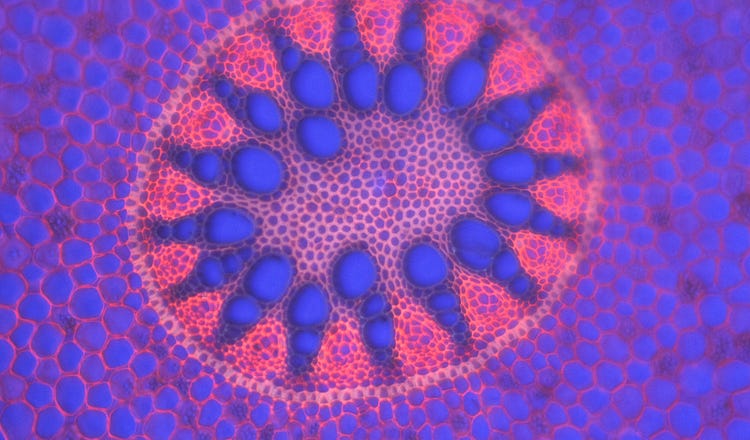An Existential Threat to Doing Good Science

Microscopic view of the cardiovascular system. (Pierre Reimbold/Gamma-Rapho via Getty Images)
What scientists are able to teach and what research we can pursue are under attack. I know because I’m living it, writes biologist Luana Maroja.
737
For the past two days, more than 150 professors, scholars, and a few hangers-on, including yours truly, gathered at Stanford to talk about the state of academic freedom. If you read this newsletter and listen to our podcast, you know well that the need for such a conference—to say nothing of new universities—is urgent.
This one was organized and attended…
Enjoying the story?
Enter your email to read this article and receive our daily newsletter.
Error
Already have an account?
Sign In














